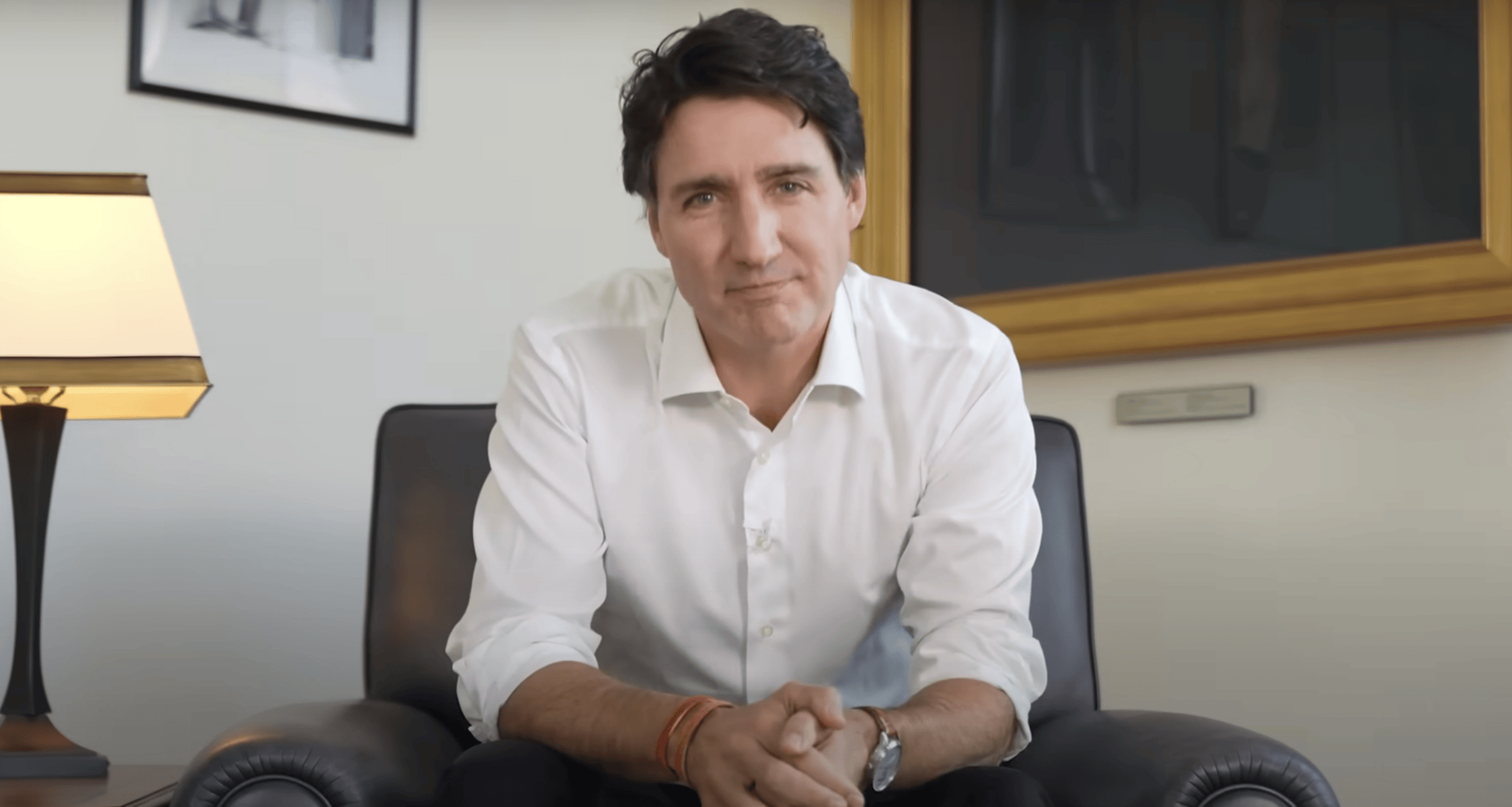Amid the last-ditch effort to reverse the wreckage of his government’s radical immigration policies, Prime Minister Justin Trudeau is pushing ahead with a series of restrictionist moves designed to signal to Canadian voters that he has heard their frustrations.
Trudeau released a social media video that seemed to acknowledge the gravity of the crisis he abetted, but only in a roundabout way. He quickly deflected all of the blame to certain “bad actors” in the private sector, in higher education, and in the scarcely regulated immigration consulting industry, where fraud is rife. Indeed, this volte-face comes after three years of prioritising the demands of these special interest groups over the welfare of the broader Canadian public. Near the end of his message, the Prime Minister admitted: “We could have acted quicker and turned off the taps”. That may well be the understatement of the century.
A housing crunch, rising competition for jobs, and growing unease over migrants’ ability to integrate have generated a rare Canadian popular backlash against immigration after years of a robust pro-immigration consensus. However, this welcoming attitude had always been based on prudent controls around maintaining the right economic balance — and it is this balance which his government fatally undermined when it opened the floodgates to cheap foreign workers in the aftermath of the Covid-19 pandemic; this was done in response to the business sector’s persistent but dubious claims of an ongoing national “labour shortage”.
In reality, the tight labour market created the right conditions for rising wages and increased job security, something which the captains of Canadian industry could scarcely tolerate. These attitudes were embodied by the likes of former Trudeau advisor Dominic Barton, who founded the Century Initiative, with its calls for one hundred million Canadians by 2100. Rather than allow workers to enjoy the benefits of such an economy, Ottawa readily bought the “labour shortage” narrative and went about creating a lumpenproletariat, through the importation of hundreds of thousands international students and temporary workers.
Trudeau’s message tried to portray the move as the initially correct one — as a post-pandemic recovery and stimulus measure — even though it is seen now by economists for what it was: a clumsy “band-aid” solution to cover up an imminent recession by artificially inflating growth numbers. Trudeau then tried to shift the blame to the said “bad actors” seemingly without any understanding that it was his government that created the very conditions which allowed these bad actors to thrive over the last few years. Now, the Prime Minister says he is all in on finding ways to “effectively pause population growth” such as cutting both temporary and permanent immigration streams, and refocusing on skilled immigration.
After years of broken promises, however, Canadians are unlikely to buy it. Already, many of these temporary residents are beginning to claim asylum, to the tune of 14,000 new claims this year, as a means of circumventing their imminent deportation orders. The challenge for any Canadian government, now and in the future, will be in resisting the attempts of these migrants to stay. Reductions in future growth numbers will not be enough; Ottawa has to show Canadians that it has the will and the means to enforce its own policies and prevent the entrenchment of a new underclass, with all the threats to social and economic stability that it entails.











Join the discussion
Join like minded readers that support our journalism by becoming a paid subscriber
To join the discussion in the comments, become a paid subscriber.
Join like minded readers that support our journalism, read unlimited articles and enjoy other subscriber-only benefits.
Subscribe